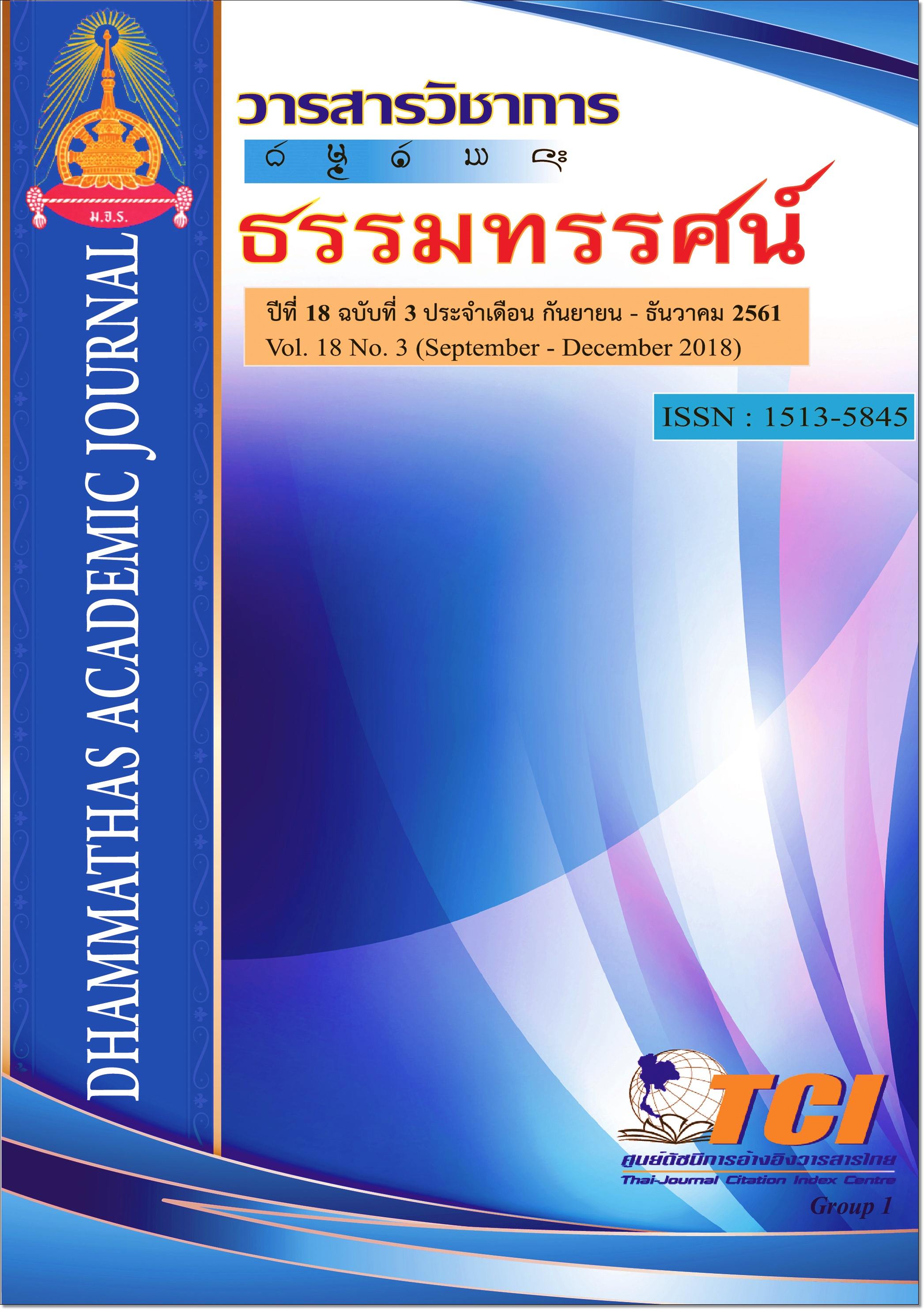The Socio-cultural Conditions that Support the Power Relations between Local Political Leaders and the People
Main Article Content
Abstract
This research article aims to study the social and cultural conditions that support the power relations between local political leaders and the people. The qualitative method was used for study. Data was collected at the individual level with the 84 key informants; consist of the local political leaders and people, provincial administration office of KhonKaen, RoiEt, Kalasin and Mahasarakham. In-depth interviews were conducted on both the individual and focus groups.
The results found that: the local politicians and people are always related. Because they have to dependent on each other in a manner of reciprocity which it leads to power dependence or patronage relationship. So the conditions that give a rise to dependence between local political leaders and the people can be divided into two categories: 1) individualistic conditions 2) group conditions. Each type is a factor that keeps the people still dependent on politicians or the conditions that push the power relations between local politicians and the people are different. The people still have less or lower power than politicians. While politicians still have the power to intervene or meet the needs of the people. Thus, the power relations between local politicians and the people are always asymmetrical or remain patron all the time.

